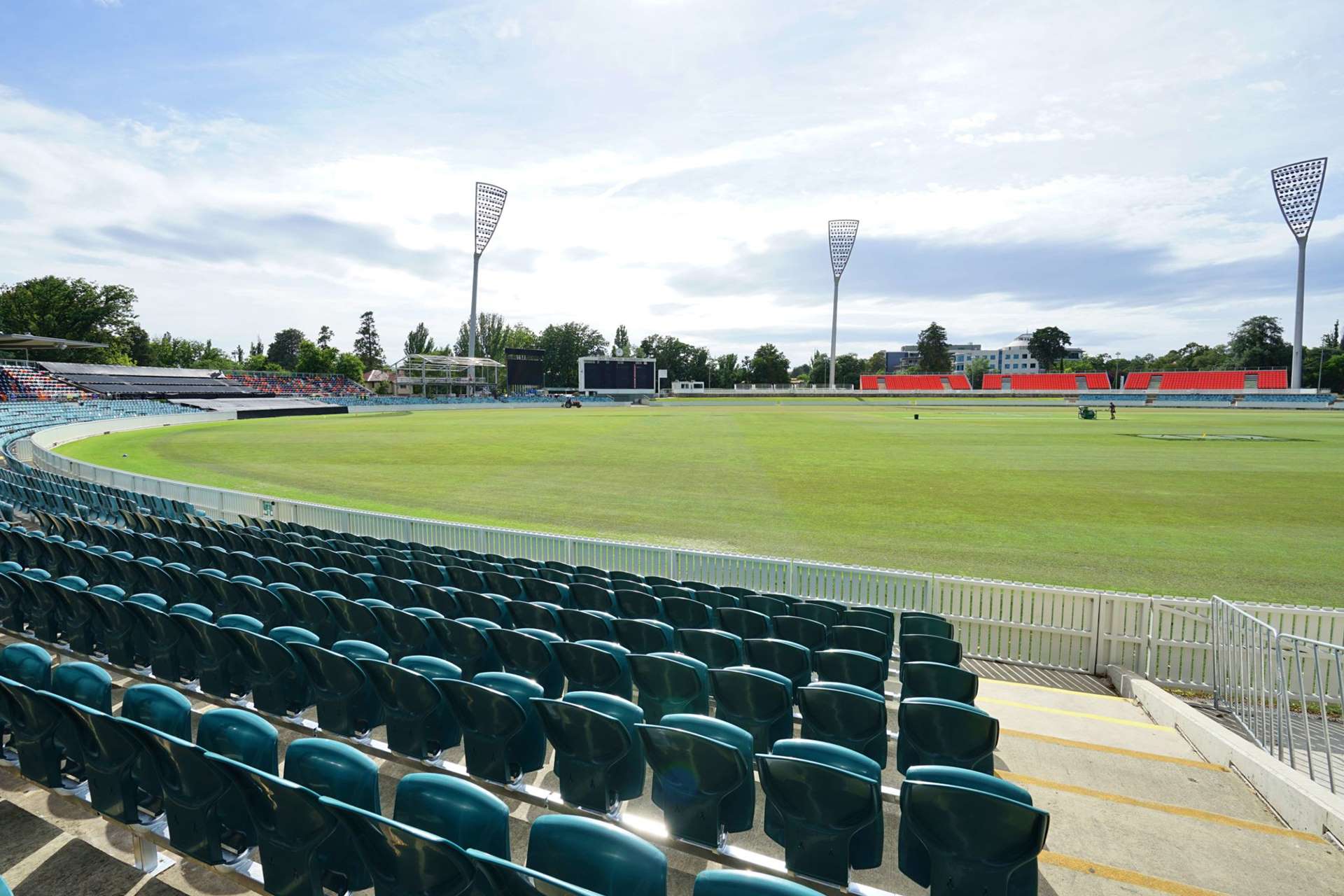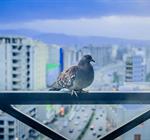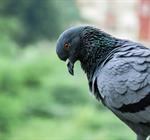
26 Sep 2023 | Apex Environmental Services (UK) Ltd
Bird Control for Sports Facilities: Maintaining Playing Surfaces
Sports facilities across the UK, from football stadiums to cricket grounds and tennis courts, play a crucial role in promoting health, fitness, and entertainment. While the pristine greens and playing surfaces of these facilities provide a platform for thrilling athletic performances, they also unintentionally attract unwanted guests: birds.
Not only can birds cause substantial damage to the playing surfaces, but they also create potential health hazards, which is why effective bird control is essential for sports facilities to maintain their aesthetic appeal and functional value. But what method of bird control is best for sports venues? Let’s take a look.
Why Bird Control is Crucial Sports Facilities
As most of us living in urban and rural areas already know, birds are naturally attracted to open spaces, especially those that offer a source of food. Sports venues therefore become ideal targets: from worms on a football pitch, spilled snacks in the stands, or insects thriving in the lush green of a golf course, sporting venues can prove to be irresistible to a variety of bird species. And while an avian invasion might seem harmless initially, their presence and the mess they leave behind can quickly escalate into significant problems:
Damage to the Playing Surface
Birds, especially larger species like crows or gulls, can peck at the ground in search of food, resulting in unsightly holes or tears. Over time, this can compromise the smoothness and integrity of the playing surface.
Health Concerns
Bird droppings are not just unsightly; they can also be hazardous. The accumulation of droppings can lead to the spread of diseases and parasites, including histoplasmosis, cryptococcosis and psittacosis, all of which can be incredibly dangerous for humans. Plus, the acidic nature of bird poo - or as we call it, guano - can damage turf and synthetic materials, leading to higher maintenance costs.
Distraction and Disruption
During live matches or practice sessions, birds swooping down can be a major distraction for players; in some instances, they can even become physically aggressive, especially when defending their nests, which ends up posing risks to both players and spectators alike.
How Anti Bird Netting Can Help
One of the most effective and non-harmful solutions for bird control in sports facilities is the use of netting that prevents birds from accessing the playing areas. This specialised netting acts as a physical barrier, deterring birds from settling or looking for food on the playing surfaces. Here’s why netting is the preferred choice for many facilities:
Environmentally Friendly
Unlike chemical repellents or sharp devices, bird netting provides a humane solution: netting deters birds without causing them harm or altering their natural behaviours, making it one of the most animal-friendly bird control methods available in the UK.
Versatility
Whether you have a tennis court, a vast football stadium, or a community cricket ground, bird netting can be customised to fit any size or shape, and its flexibility ensures that the aesthetic appeal of the facility remains uncompromised.
Durability
Designed to withstand the UK’s varied weather conditions, these nets are both UV resistant and waterproof, meaning they can serve their purpose for years without significant wear and tear.
Installation Process and Maintenance
For sports facilities that decide to invest in bird netting, understanding the installation and maintenance process can be helpful in understanding just how this effect bird control method works:
Assessment
Before any installation begins, an expert - like someone from our Apex team - will usually assess the facility to determine the most effective placement for the netting, taking into account factors such as bird entry points, size of the facility, and the specific needs of the venue.
Custom Design
We understand that no two sports facilities are identical, so whether it's a multipurpose sports complex or a dedicated badminton court, anti bird netting can be tailored to fit the exact specifications of each facility, ensuring optimum coverage without hampering functionality or aesthetics.
Installation
Once designed, professional installers like us will ensure that the netting is secured in a way that offers maximum bird deterrence while ensuring the netting remains taut and unobtrusive.
Maintenance
Finally, while anti bird netting is known for its durability, regular maintenance can help keep it in tip-top condition
- Regular Checks: While bird netting is designed to be durable, regular checks are necessary to identify any potential wear or tears that could compromise its effectiveness.
- Cleaning: Over time, dirt, dust, and other debris can accumulate on the netting, so committing to periodic cleaning will ensure that the net retains its effectiveness and appearance.
- Repairs: If damage is detected during a routine check, it's essential to address it promptly to prevent birds from exploiting any vulnerabilities.


